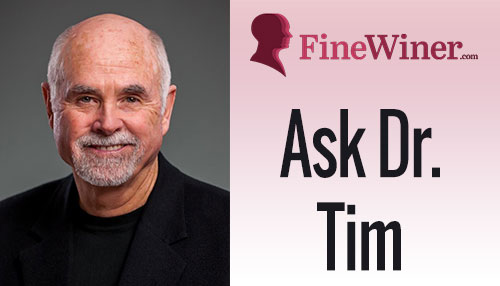Ask Dr. Tim: Help…I have Alzheimer’s and I am 69-years-old

Q
I have been married over 40 years. I have been a professional in the business world and am now retired. I was diagnosed a couple of years ago and things are getting worse for me. As if the diagnosis wasn’t bad enough, how it effects with my family is the worse part. My husband and my three adult children all don’t seem to know how to treat me. It feels like they are afraid of something, or me, like I am contagious. I am beginning to feel more and more lonely. Any ideas for me—for them?
Forgetful
A
Dear Forgetful,
First of all, there are many times I wish I had a magic wand to wave. This would certainly be one of those situations. If I understand correctly, it is the response you receive from your family than is just as bad or perhaps worse than the disease itself.
I actually hear these same concerns over and over in my practice. More likely than not, I am first contacted by the family members on how to deal with their loved one’s illness. Not that we can keep score, but sometimes it appears the family has more fear about the situation than the diagnosed patient. Typically, early in the disease, most people have no idea what is going on. Spouses quite often get into arguments over forgotten/disregarded conversations. Sometimes illogical thinking shows up. Other times there are jealousies or paranoia.
The Family
The family members would do well to get as much education as possible. If the disease has not progressed too far (whatever that means) I encourage marriage and/or family counseling. The obvious problem is that the patient will often forget what was talked about in the session. But the family, being in real time, can often find out how the patient is feeling about things. That can be quite eye-opening.
It is common for the patient to fight the diagnosis. One reason is simple denial and avoidance. Who wants to get that diagnosis! There is also another factor at work. I refer to it as the “garlic breath” phenomena. The person who ate the garlic is typically unaware that they have bad breath. But everyone close to them has no problems figuring it out. In Alzheimer’s, the family often detects cognitive impairment sooner than the patient. They typically don’t put two-and-two together, and just get frustrated with the patient’s behavior. This phenomenon often creates a “pulling away”; patient from family; family from patient. Then loneliness blossoms abundantly. Not good.
Educate, Educate, Educate
As you might imagine, Alzheimer’s Disease is a very big topic. It is too involved to manage in this article. In short, I would encourage education-education-education AND support-support-support. There are an ever-increasing number of good books and classes people can take. While family support groups may seem a bit scary to some, they can be very helpful. There will be people who have been walking on your same path.
Communication is Key
Finally, I would also encourage you and your family to get together with a good psychotherapist. She/he can help you all better communicate your important feelings and desires.
I really wish you all the best.
Dr. Tim
